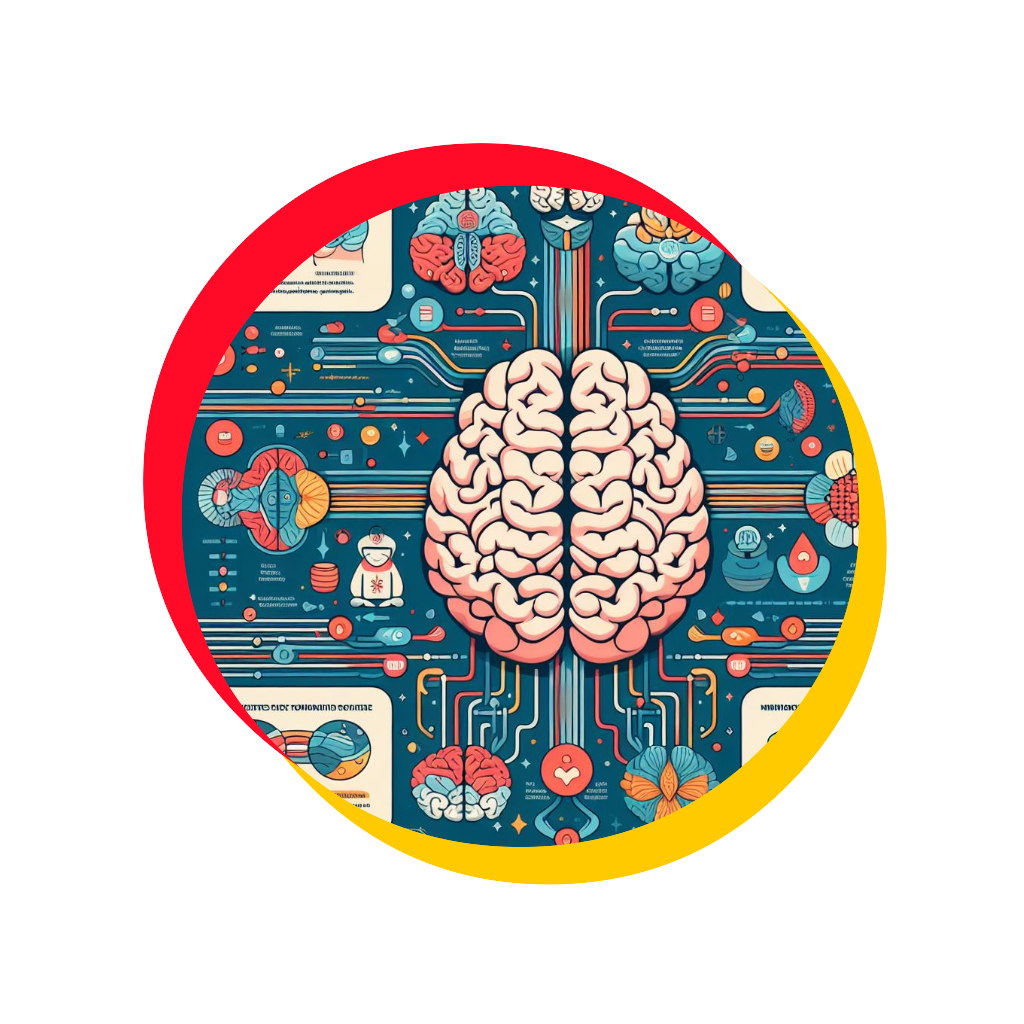In our fast-paced world, sleep often gets sacrificed for late-night work sessions, social media scrolling, or simply the struggle to power down. But catching those Zzz’s isn’t just a luxury – sleep is essential for our health and fitness. In fact, it’s as crucial as a healthy diet and regular exercise for optimal well-being.
The Science of Sleep: Why We Need It:
Sleep isn’t just a passive state of rest. It’s a complex biological process during which our bodies and minds undergo vital repairs and rejuvenation. While we sleep, our bodies:
- Repair and restore tissues: Growth hormone, crucial for cell repair and muscle building, is primarily released during sleep.
- Consolidate memories: Sleep plays a vital role in memory consolidation, helping us process and store information learned throughout the day.
- Regulate hormones: Sleep helps regulate various hormones, including those influencing appetite, stress, and metabolism.
- Boost the immune system: During sleep, our bodies produce cytokines, proteins that help fight infection and inflammation.
The Fitness-Sleep Connection:
For those seeking to optimize their fitness, prioritizing sleep becomes even more critical:
- Improved recovery and muscle growth: Deep sleep is essential for muscle repair and recovery after exercise, promoting faster recovery and better performance.
- Enhanced focus and energy: Adequate sleep improves cognitive function, reaction time, and overall energy levels, allowing you to perform better during workouts.
- Weight management: Sleep deprivation can disrupt hormones regulating hunger and satiety, leading to increased cravings and potential weight gain.
Common Sleep Disruptors and Solutions:
Unfortunately, various factors can disrupt our sleep, hindering our ability to reap its benefits:
- Inconsistent sleep schedule: Going to bed and waking up at irregular times disrupts your body’s natural sleep-wake cycle.
- Screen time before bed: The blue light emitted from electronic devices can suppress melatonin production, a hormone crucial for sleep regulation.
- Stress and anxiety: Unmanaged stress and anxiety can significantly impact sleep quality.
- Uncomfortable sleep environment: Noise, light, and an uncomfortable mattress can disrupt sleep.
Simple Steps to Improve Your Sleep Hygiene:
Fortunately, there are several ways to improve your sleep hygiene and create a sleep-conducive environment:
- Establish a consistent sleep schedule: Go to bed and wake up at the same time each day, even on weekends, to regulate your body’s natural sleep-wake cycle.
- Create a relaxing bedtime routine: Wind down before bed with calming activities like reading, taking a warm bath, or practicing mindfulness exercises.
- Optimize your sleep environment: Ensure your bedroom is dark, quiet, and cool, and invest in a comfortable mattress and pillows.
- Limit screen time before bed: Avoid using electronic devices for at least an hour before bedtime to minimize blue light exposure.
- Manage stress: Practice relaxation techniques like deep breathing, meditation, or yoga to combat stress and anxiety before bed.
- Regular exercise: Regular physical activity can improve sleep quality, but avoid strenuous exercise too close to bedtime.
- Seek professional help: If you continue to struggle with sleep despite implementing these changes, consider consulting a healthcare professional to rule out any underlying medical conditions.
Remember: Prioritizing sleep isn’t a sign of weakness; it’s an investment in your overall health and well-being. By creating healthy sleep habits and making sleep a priority, you’ll unlock a wealth of benefits for your physical and mental health, and fuel your fitness journey for success.




